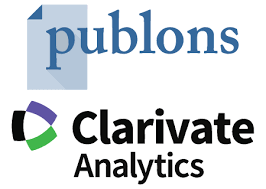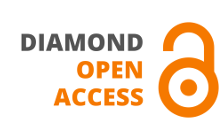contribution of the overconfidence bias to the explanation of the volatility of the returns of the Algerian equity market
DOI:
https://doi.org/10.59051/joaf.v9i2.165Keywords:
Overconfidence bias, excessive volatility, DZAIRINDEX, algerian stock marketAbstract
In the perspective of examining the Algerian equity market, we study the contribution of the overconfidence bias to the explanation of the volatility of the returns of the main market estimated from the DZAIRINDEX index. Such an essay is, to our knowledge, unpublished, as far as empirical studies on the Algiers Stock Exchange are concerned.
We conducted two successive empirical tests with the aim of verifying, first, the existence of a relationship between the transaction volume and the volatility of returns on the Algerian market, through the estimation of a ARMA(4,4)-EGARCH(1-1) model. The significance of this relationship allowed us to initiate the second test which examin the causality in the sense of Granger between these two variables, under the hypothesis that Algerian investors over-react to their private information.
The results obtained show that the bias of overconfidence does not cause, in the short term, the volatility of the returns of the Algerian stock market, but contributes to explain it, in line with other factors.
Downloads
Downloads
Published
How to Cite
Issue
Section
License
Copyright (c) 2018 Mohamed KHALED

This work is licensed under a Creative Commons Attribution-NonCommercial-NoDerivatives 4.0 International License.
Authors who publish with this journal agree to the following terms:
- Authors retain copyright and grant the journal right of first publication with the work simultaneously licensed under a Creative Commons Attribution License that allows others to share the work with an acknowledgement of the work's authorship and initial publication in this journal.
- Authors are able to enter into separate, additional contractual arrangements for the non-exclusive distribution of the journal's published version of the work (e.g., post it to an institutional repository or publish it in a book), with an acknowledgement of its initial publication in this journal.
- Authors are permitted and encouraged to post their work online (e.g., in institutional repositories or on their website) prior to and during the submission process, as it can lead to productive exchanges, as well as earlier and greater citation of published work (See The Effect of Open Access).






















